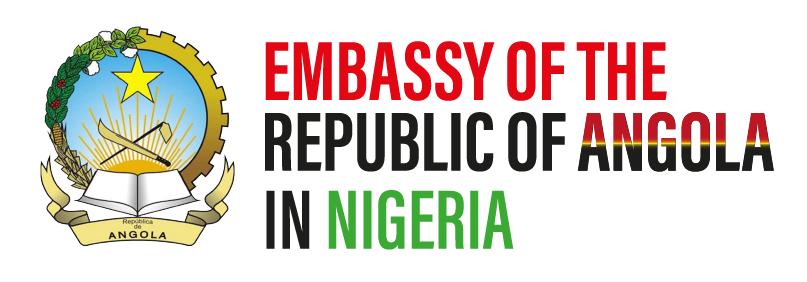Nigeria’s foreign exchange reserves have recorded a significant decline within two weeks this January, dropping by $832.62m between January 6 and January 21.
Data from the Central Bank of Nigeria published on its official website highlights this development, marking the sharpest fall in reserves since April 2024.
The decline raises fresh concerns over the nation’s external liquidity position amidst mounting economic pressures.
Figures from the CBN show that Nigeria’s gross external reserves stood at $40.92bn as of January 6, 2025.
By January 21, the reserves had dipped to $40.09bn, reflecting a 2.03 per cent decrease over the two weeks.
This drop follows about five months of relative stability and growth in the country’s foreign exchange reserves.
The current levels, now at a two-month low, suggest the possibility of the reserves falling below $40bn by the end of January if the downward trend continues.
Further analysis revealed that the reserves experienced a consistent decline throughout the period.
On January 13, the reserves dropped below $40.6bn for the first time in the month, reaching $40.56bn.
By January 15, the reserves had further declined to $40.42bn, before settling at $40.09bn on January 21.
The declines included a loss of $167.1m between January 10 and January 13, a $502.5m drop between January 6 and January 13, and a cumulative reduction of $832.62m over the two weeks under review.
The decline has drawn comparisons to the significant drop recorded in April 2024, when reserves plunged by $2.16bn within 29 days.
At the time, the CBN governor, Yemi Cardoso, attributed the decline to debt servicing and other financial obligations rather than interventions to stabilise the naira.
Similarly, the current drop is likely driven by heightened demand for foreign exchange to finance imports, external debt repayments, and capital flight, all of which continue to place pressure on the country’s reserves.
The depletion in reserves may further constrain the CBN’s ability to intervene in the foreign exchange market, potentially intensifying pressure on the naira.
The currency had faced significant depreciation before stabilising in December 2024.
Throughout January 2025, the naira mainly traded between N1,548/$ and N1,552/$ in the official market.
On Wednesday, the naira marginally appreciated by 0.01 per cent at NFEM to trade N1,552.58/$ in the official window, up from N1,552.78/$ the previous day.



